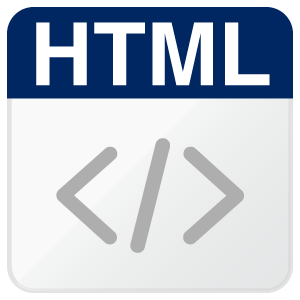I have CC3200 Launchpad Rev 4.1 connected to DLP-7970ABP (TRF7970A). I was able to verify that tag reading works correctly running this example (http://www.ti.com/tool/cc3200_nfc_card_reader ) when tested on actual tags.
I've installed Android's sample HCE app (https://developer.android.com/samples/CardEmulation/index.html) to see if TRF7970A would read the tag correctly when my Galaxy S7 is running in HCE. Upon placing my phone on the NFC reader, TI's example app would freeze on attempting to scan for ISO15693 tags. Since HCE only supports ISO14443 standard, I went ahead and commented that line so that TRF7970A would only scan for ISO14443 tags.
//Iso15693FindTag(); // Scan for 15693 tags
Iso14443aFindTag(); // Scan for 14443A tags
Now, the example TI app doesn't freeze but the NFC reader isn't reading the tag from my Android phone.
Are there any modifications necessary to the existing TI example code? Does anyone have a working code for reading Android's HCE?


